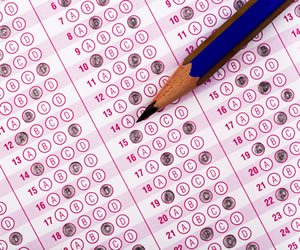As students begin to prepare for the next cycle of medical school application, I want to review some of the practical pieces of advice that every applicant should know. The actual process of applying to medical school is resource intensive: it costs thousands of dollars, hundreds of hours, and will strip you of many relaxing weekends that you would have otherwise enjoyed. Since you’ve made the decision to apply, here are some things that will help you make the best of it.
Remember that your MCAT score is a number. Your GPA is a number. These two things make up a major component of your application and you can’t change either of them now. You can’t change your letters of recommendation, either. The personal statement is a modifiable aspect of your application at this point, so you want to make sure to do a good job on it. But what else is there?
The answer to this lies in the details. This is what separates a good application from an excellent application. It is also what could separate a marginal application from one that gets an interview invitation. Every year, there are a few key mistakes that really put some students at a disadvantage. When schools are looking to offer acceptances, they are not only looking for good students. In addition to being smart, they are looking for people who will one day care for patients and be their colleagues. It is no surprise that those selected to become student doctors are usually meticulous, mature, intelligent, team players, and caring. Your application needs to reflect this.
Read more






